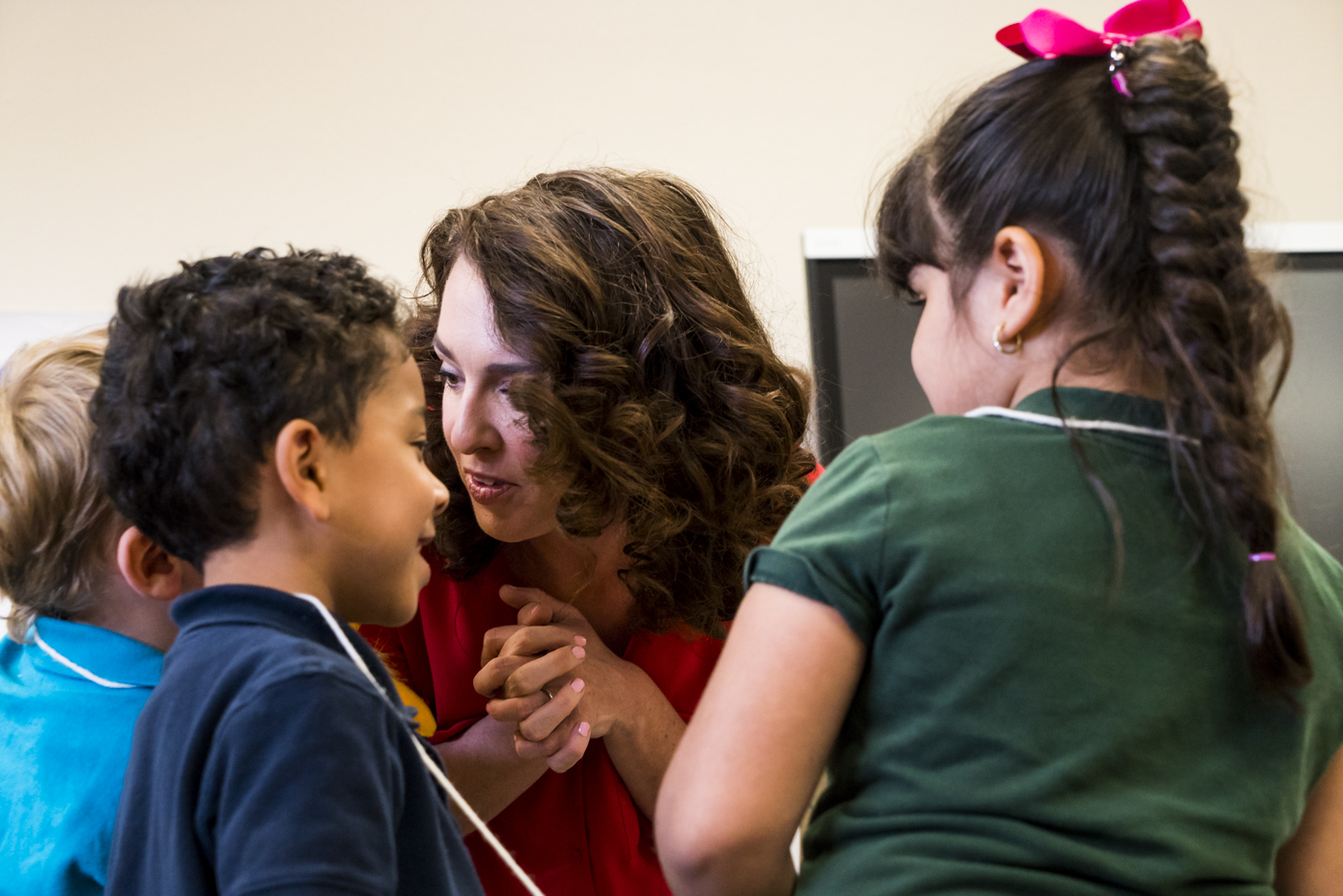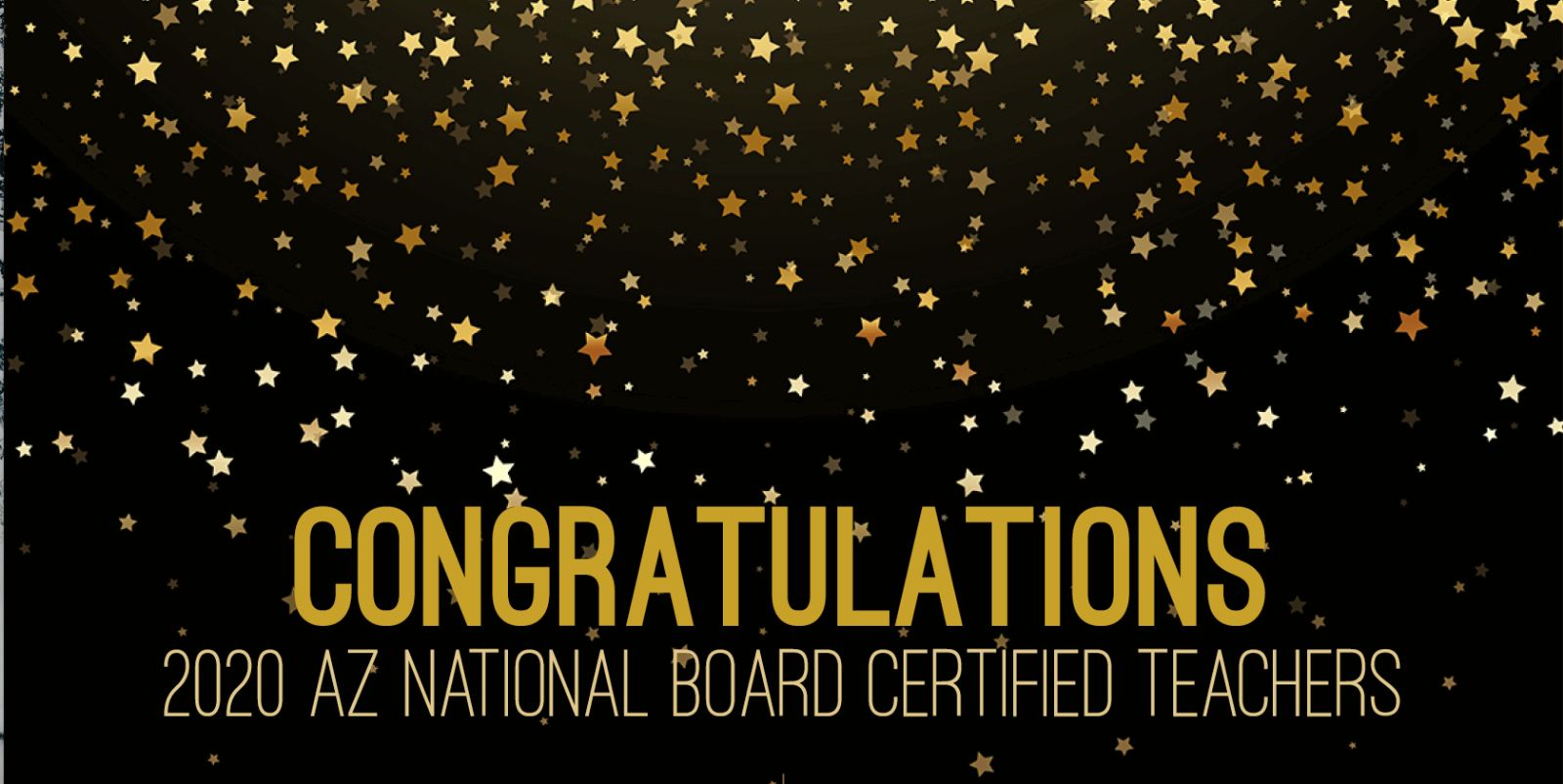November 15, 2018
The Answer to Being a Better Teacher is Often Better Questions
Stuck in a questioning rut? Effective questioning strategies can significantly deepen student understanding, without significantly increasing planning time.
When we truly boil it down, questions are at the root of all learning. How does that work? Why did that happen? Why didn’t my students understand today’s lesson? How can I become a better teacher?
Often, educators get stuck in a questioning rut—asking the same types of questions, and simply switching out the topics, characters, and concepts in question. The result of a questioning rut is bored students and stagnant levels of understanding. By acknowledging the different levels of questioning, as well as how these levels correspond to depth of understanding, we can lead our students to success by simply changing what we ask.
Types of Questions
The prevailing ideology breaks questioning down into various versions of the four question types below, often referred to as Depth of Knowledge (DOK):
Level One Questions (Knowledge) — These have historically been the most frequently asked questions. They require only a cursory level of knowledge about a given topic and simply ask students to regurgitate information. Examples would be asking students to recall, list, define, and identify. This level of questioning requires no original thought and does not require students to make knowledge their own.
Level Two Questions (Comprehension) — Level two questions ask students to recall and apply level one knowledge to compare, infer, and draw conclusions. These begin to give knowledge some relevance, as students are asked to access simple knowledge for a deeper purpose.
Level Three Questions (Analysis) — The third level of questioning requires students to manipulate knowledge gained from questioning levels one and two to analyze, justify, compare, etc. These questions require original thought melded with newly acquired knowledge. They ensure students make information their own and lead to deeper levels of understanding as well as increased retention.
Level Four Questions (Synthesis) — The highest level of questioning allows students to create. This is often done in the form of real-world solutions and scenarios. These questions have multiple correct answers and demand a deep understanding of concepts learned in levels one through three.
Scaffolding Questions
A simple review of the question types implies that, while varying in educational value, effective instruction requires the use of all three question types. The problem, is that we too often stop our questioning at levels one and two.
An effective lesson may begin with level one questions, but will quickly dive into levels two and three, before culminating with a level four questioner. This requires students to take ownership of content in creating solutions, extensions, etc. Applying this scaffolded approach to questioning ensures students not only have the stepping stones in place to succeed, but that these stepping stones reach a high level of understanding, rather than a simple, forgettable, memorization of facts.
Using A Question Stem Bank
Categorizing and scaffolding questions can seem like a monumental task added to the already time-consuming job of planning effective lessons, but it doesn’t have to be. In fact, much of the work has already been done for you. Simply Google “leveled question stems” and plug your content into pre-made, pre-categorized questions.












